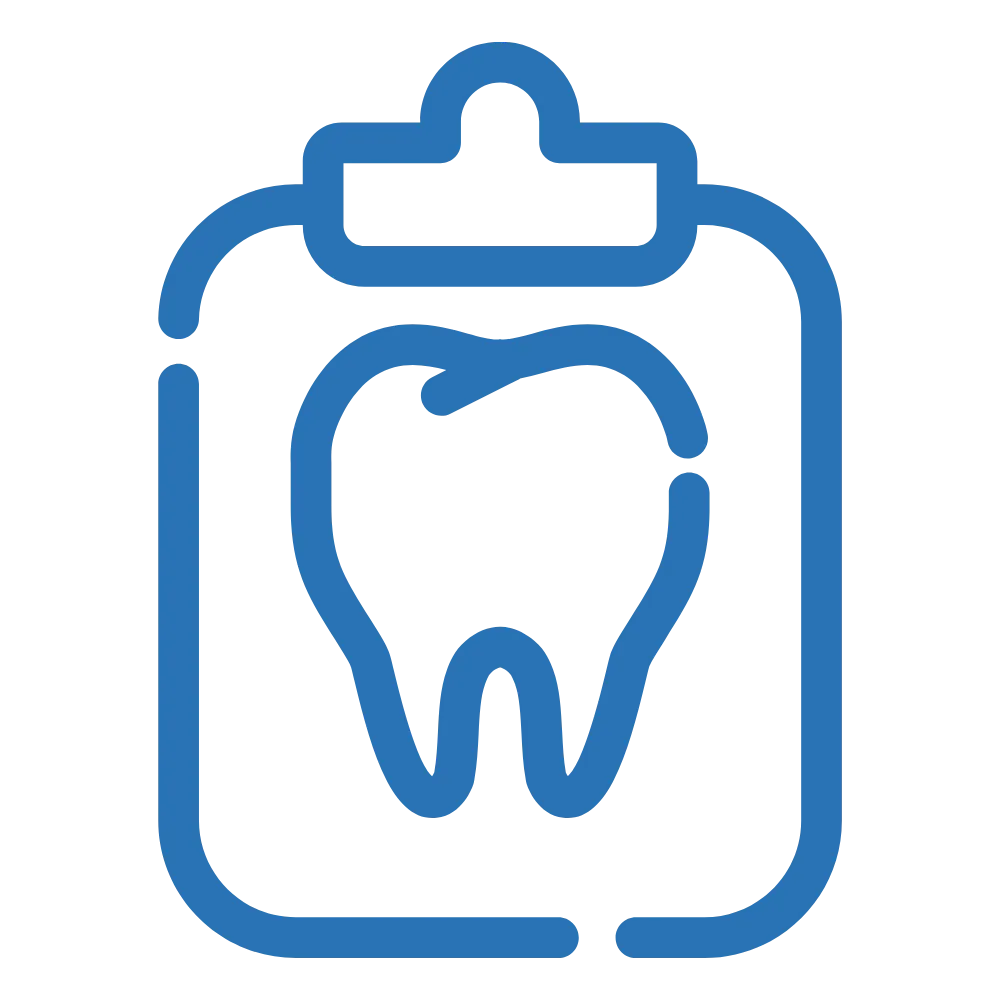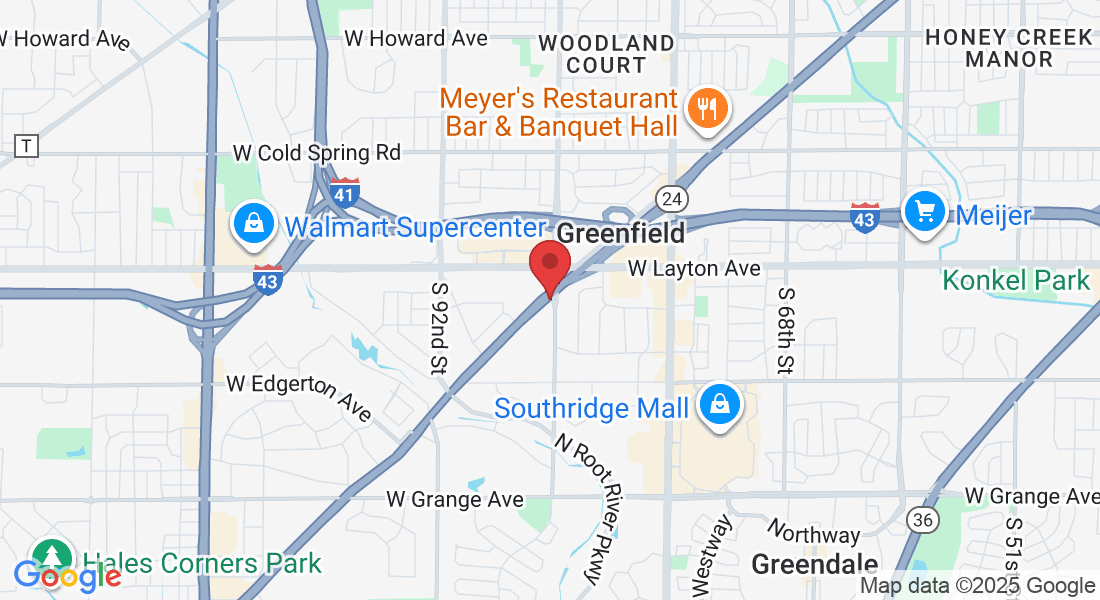Oral Lesions
Let us help you find answers, restore comfort, and protect your oral health.
At Oral Medicine of Wisconsin, we specialize in the diagnosis and management of oral lesions, helping patients navigate a wide range of conditions that affect the mucosal lining of the mouth.
WHAT ARE ORAL LESIONS?
Oral lesions are abnormal changes or disruptions in the tissue of the mouth, lips, tongue, or oropharynx. These may appear as white patches, red spots, ulcers, blisters, or growths, and they can be harmless—or a sign of something more serious.
Common Types of Oral Lesions We Evaluate
Our team is experienced in evaluating a wide range of oral lesions to ensure you receive an accurate diagnosis and the most effective care. Common types of oral lesions we assess include:
Aphthous Ulcers (Canker Sores): These are painful, recurring ulcers that often appear on the inside of the lips, cheeks, or under the tongue. While their exact cause is unknown, they can be a source of significant discomfort.
Oral Lichen Planus: A chronic inflammatory condition that may present as burning sensations, white lace-like patterns (striations), or ulcerations in the mouth. It often requires ongoing management and monitoring.
Leukoplakia and Erythroplakia: These are white or red patches that develop on the oral tissues. While not always dangerous, they can sometimes carry a risk for dysplasia or, rarely, oral cancer, making evaluation and follow-up important.
Candidiasis (Oral Thrush): A fungal infection that appears as creamy white patches, commonly found in individuals with weakened immune systems or those taking certain medications. It may cause soreness or a burning feeling.
Herpetic Lesions (Cold Sores): Caused by the herpes simplex virus, these lesions typically present as small, painful blisters on the lips or inside the mouth.
Traumatic Ulcers: These result from mechanical irritation, such as sharp or broken teeth, ill-fitting dentures, or accidental bites. They usually heal once the source of irritation is addressed.
Mucoceles and Salivary Gland Lesions: Benign swellings that develop when salivary ducts become blocked or ruptured, leading to a fluid-filled bump inside the mouth.

When to See an Oral Specialist
While some oral lesions resolve on their own, others may persist or indicate a systemic condition or precancerous change. Consider scheduling an evaluation if you have:
A sore or patch in your mouth lasting more than two weeks
Pain or burning sensation when eating acidic or spicy foods
Recurrent ulcers or blisters
White or red patches that do not rub off
Changes in the color, texture, or shape of oral tissues
If you notice any of these signs, don’t hesitate to reach out. Early evaluation can lead to more effective treatment and help protect your overall health.

Our Approach
As oral medicine specialists, we take a comprehensive approach to diagnosis and treatment. This includes:
Thorough clinical examination
Advanced imaging or oral biopsy when indicated
Laboratory testing for systemic or infectious causes
Personalized treatment plans tailored to your diagnosis
Coordination with dermatologists, ENT specialists, or oncologists if needed
Oral lesions can be confusing or alarming, but you don’t have to face them alone. Early evaluation by a specialist can offer peace of mind—and in some cases, prevent more serious health problems. If you’ve noticed a change in your oral tissues, we encourage you to book a consultation.
Get In Touch
Email:
[email protected]
Address:
8405 W Forest Home Ave, Suite 203, Greenfield, WI 53228
Assistance Hours
Mon – Fri 8:00am – 5:00pm
Saturday/Sunday – CLOSED
Phone Number:
414-401-3144
Fax Number
414-401-3146

